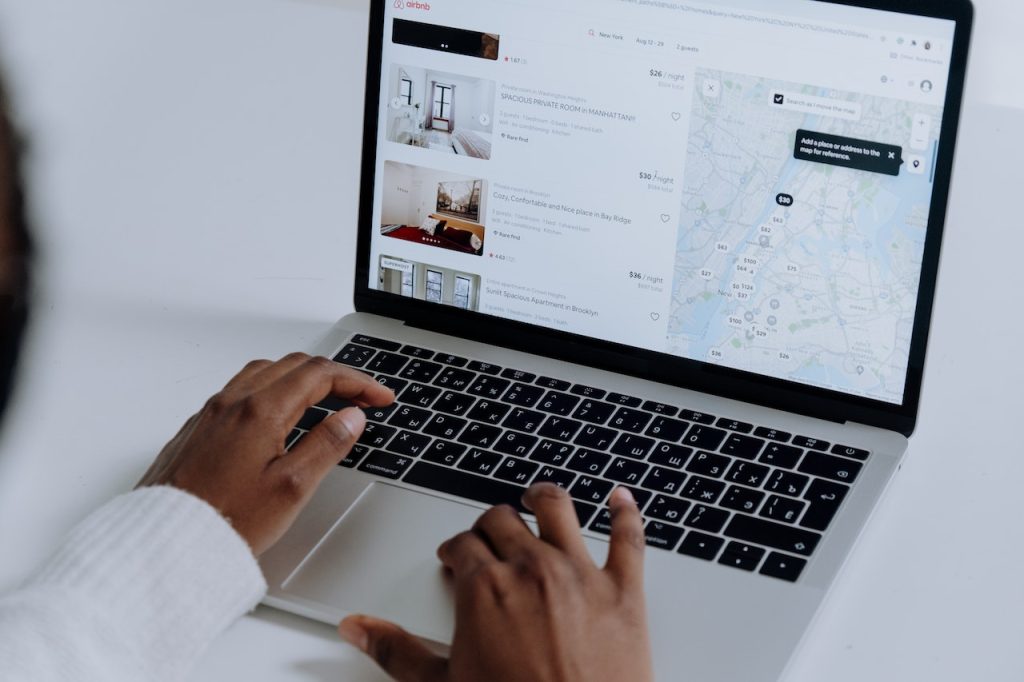Understanding the Tax Consequences of Short-Term Rental Income, Including Airbnb
As a short-term rental income in Australia, it’s important to be aware of your tax obligations. Just like any other form of income, the money you earn from platforms like Airbnb and Stayz is subject to taxation by the Australian Tax Office (ATO).
Whether you receive rental income from a private landlord or through a short-term rental platform, the ATO considers it taxable income, which can increase your total taxable income at the end of the year. Failing to manage your income stream correctly could result in a higher tax bill, so it’s crucial to understand your responsibilities as a short-term rental host.
How Do Taxes Work for Airbnb Hosts(Rental Income)?

As an Airbnb host in Australia, you are required to pay taxes on the income you earn from short-term rentals. The Australian Tax Office (ATO) considers this income as part of your overall taxable income, which means you may need to pay additional taxes depending on your total earnings.
To ensure you’re meeting your tax obligations, it’s important to keep accurate records of your Airbnb income and expenses throughout the year. This includes any rental income you receive, as well as any costs associated with hosting, such as cleaning fees, maintenance expenses, and service fees charged by Airbnb.
Which Airbnb Costs Expenses You Can Claim
The ATO allows you to claim deductions for any expenses incurred while earning rental income, such as cleaning costs and management fees.
It’s also important to note that if you’re using your home as an Airbnb rental, you may also be eligible for certain tax deductions. For example, if you rent out a portion of your primary residence, you may be able to claim a portion of your mortgage interest, property taxes, and other related expenses as deductions.
Some of the most common Airbnb expenses that can be deducted from taxes are:
- Service Fees that a property management company or real estate agent charges
- Holiday rental software and/or online travel agency (OTA) like Airbnb charges.
- Cleaning supplies and costs of cleaning services.
- Land Taxes on rentals and investment property
- Land Lord Insurance for property
- The cost of marketing and advertising
- Rates payments
- Utility costs
- Food costs, such as breakfast and dinner arrangement costs for the guests
- Professional photography expenses
- Costs of maintenance and repairs
- Transportation costs for business
- Expenses related to improving customer care
- Purchase of low-cost items, i.e. spoons, plates, bedsheets, pillowcases etc.
- Depreciation costs of furniture
- Legal costs
Airbnb Tax Deductions for Short Stay Accommodation vs. Residential Rental

Hotels, motels, and guesthouses that have rooms for short stays have a lot to gain by claiming tax depreciation at a rate of 4%. Airbnb isn’t considered short-term housing, which is a shame. Instead, it is called a regular residential investment property.
Division 40 Plant and equipment, like your air conditioner, hot water system, and other similar things, can be depreciated if they are brand new and bought from a shop or if they are part of a new renovation. Because of recent changes to the law in 2017, plants and equipment that have already been used cannot be depreciated.
What Are the Rules on GST for Airbnb Listings?
The goods and services tax (GST) does not apply to residential rents, so Airbnb hosts do not have to pay it. This also means that you can’t get a GST credit for the costs that go along with it. This is applied even if your sales are more than $75,000, which is the GST threshold.

It is not wise to try to evade tax implications. As a homeowner, you will have to follow through with the taxes and costs of owning a holiday home or an investment property. As it has become a thriving business in Australia with potential, it has become even more important for individual owners to properly maintain the books to get the best possible advantage in keeping a holiday home.
Even if you have these tax tips and a good understanding of how income taxes work, it’s still a good idea to talk to a professional tax accountant. At Investax, we have a lot of clients who use Air BNB to increase their rental income, and we have specialist tax accountants who know exactly what to claim and what not to.
General Advice Warning
The material on this page and on this website has been prepared for general information purposes only and not as specific advice to any particular person. Any advice contained on this page and on this website is General Advice and does not take into account any person’s particular investment objectives, financial situation and particular needs.
Before making an investment decision based on this advice you should consider, with or without the assistance of a securities adviser, whether it is appropriate to your particular investment needs, objectives and financial circumstances. In addition, the examples provided on this page and on this website are for illustrative purposes only.
Although every effort has been made to verify the accuracy of the information contained on this page and on this website, Invetax, its officers, representatives, employees, and agents disclaim all liability [except for any liability which by law cannot be excluded), for any error, inaccuracy in, or omission from the information contained in this website or any loss or damage suffered by any person directly or indirectly through relying on this information.





